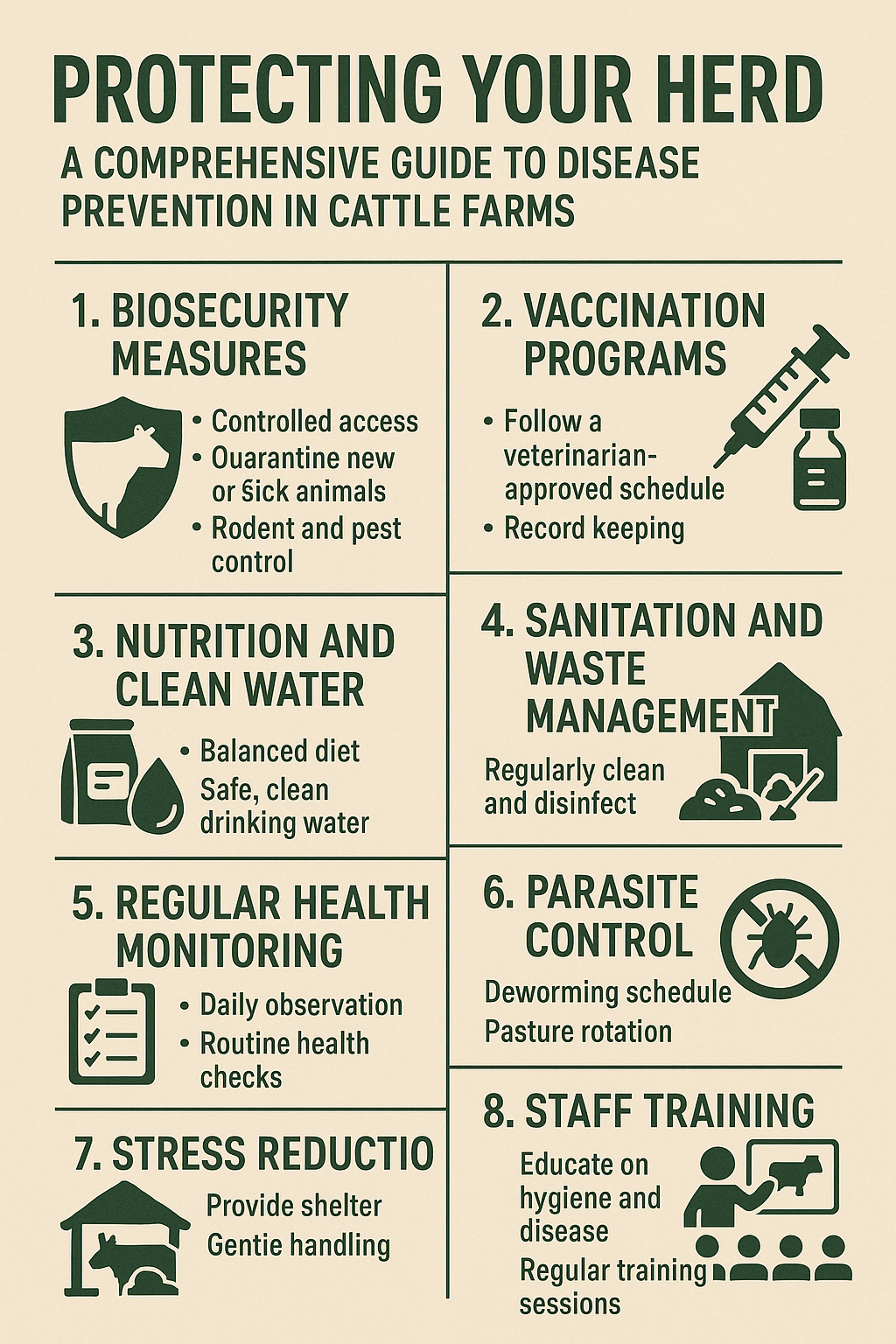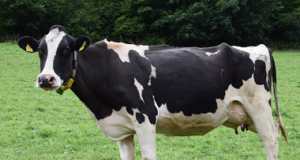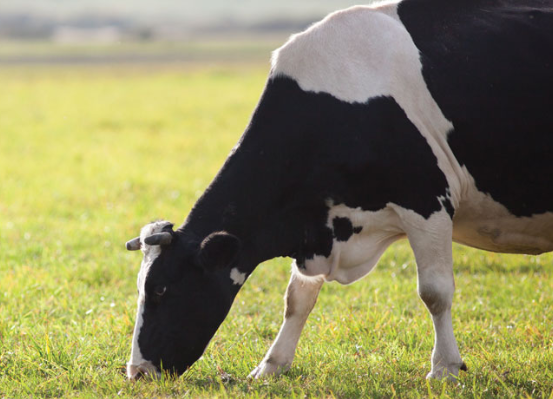
Dietary fat, which is not degraded in the rumen of animals, but gets degraded in the lower digestive tract is known as bypass fat. The bypass fat is also known as rumen protected fat, calcium salts of long chain fatty acids, calcium soaps. Under field condition, due to limited availability of quality feeding of cultivated fodders and energy rich supplements there is huge loss of body weight after calving. Crossbreed cows and buffaloes often looses around 80-100 kg body weight after calving. After this huge loss in body weight such debilitated animals don’t come to heat unless they are fully or partially recovered from the lost body weight. This condition leads to delay in conception and results into extended inter-calving interval.
There is huge loss of energy through milk so there is decrease in lactation yield and drop in feed intake, immediately after calving of dairy animals. Overall, it is a significant economic loss to the farmers. These condition leads to negative energy balance along with drop in milk production, reproductive performances and body condition is adversely affected. Adverse effect is more in cross breed cows and high yielding buffaloes. Bypass fat is rich source of energy and calcium. Thus, supplementing bypass fat improves the production performance and body score of high yielding animals.
Inclusions of raw edible oil beyond certain levels may cause digestive disturbance in ruminants by increasing energy density of ration and may adversely affect fibre digestion and by binding with the divalent mineral ions. Therefore, it is essential to supplement the fats in such a form, which can provide energy without affecting fibre digestion in the rumen. This is possible by supplementing fat in rumen protected form, which does not interfere with the fibre digestion in the rumen. Bypass fat gets digested in the abomasum at acidic pH 2.5 without interfering with the other digestion processes inside rumen. Natural source of bypass fat is whole oil seeds with hard outer seed coat, which mainly protects the internal fatty acids from lipolysis and bio-hydrogenation inside the rumen.
Characteristics of bypass fat supplementation
Bypass fat mainly compost of fatty acids which are associated with calcium ions instead of glycerol back bone. When the calcium is associated with fatty acids, the fat supplement is thus formed as inert inside the rumen. Bypass is less soluble in rumen whereas, it is less susceptible to biohydrogenation. The fatty acids is more digestible in the duodenum, due to high acidity, the detergent action of bile acids, lysolecithin and fatty acids.Feeding bypass fat to early lactating animals increases the milkyield and fat yield and ensures the early conception. Theoretically, the efficiency of nutrient utilization is maximal for milk production, when supplemental dietary fat provides 15-20% of the dietary metabolizable energy or 7-8% of the dietary fat on DM basis.
Specification of bypass fat
| Characteristics | Requirements |
| Moisture (%) | 4-5 |
| Fat content (%) | 80-84 |
| Calcium content (%) | 7-9 |
| Colour | Light brown to pale yellow |
| Physical appearance | Free flowing granules |
| Protection (%) | 78-82 |
Recommended daily feeding rate of bypass fat
- For Crossbred cow- 100-150 g
- For Buffaloes- 150-200 g
- Bypass fat can also be incorporated in the feed of growing calves and lactating animals at 1.5-2 % for increasing the energy density of feed.
- The Bypass fat can be supplemented to dairy animals by mixing with concentrate mixture. It can be given as a single dose or in divided doses.
Benefits of feeding bypass fat
- It is the Ideal energy dense supplement for early lactation and for advance pregnant animals to overcome negative energy balance.
- Increases the peak milk production and persistency of lactation.
- Fulfils the nutrient requirement of high yielding animals.
- Improves the Reproductive performance of the animal which can be beneficial to return to positive energy balance sooner which can affect follicle size, ovum fertility and progesterone levels.
- Decreases the chances of metabolic disorders such as ketosis, acidosis and milk fever.
- Increases the productivity and productive life of ruminants.
- Protects from heat stress.
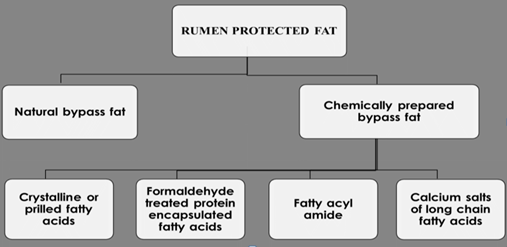
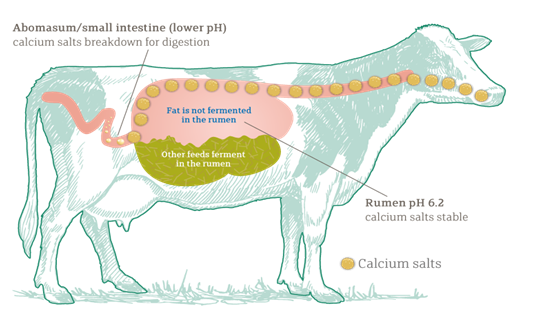

Dr. Neha Debasish Karmakar
Mail Id: nehakarmakar@sugunafoods.com
Suguna Foods Private Limited, Coimbatore, Tamil Nadu



